Foods kept in the refrigerator can easily become...poisonous
Foods stored in the refrigerator will become toxic if we do not preserve them properly. If you do not want your health to be affected, you should remove these foods from the refrigerator.
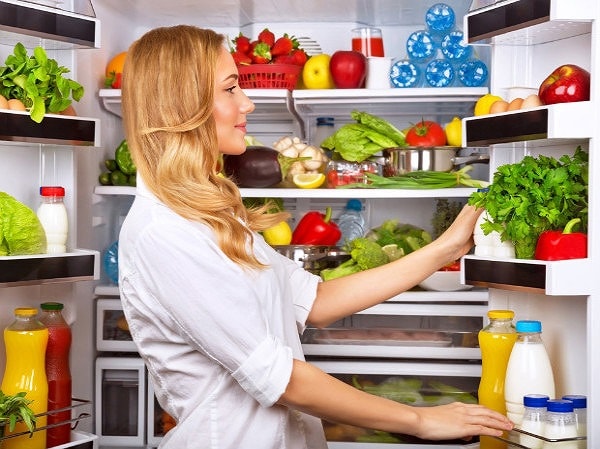 |
In any case, putting bread in the fridge is a mistake. The slices of bread (or toast of any kind) will absorb the cold air in the fridge, either going stale and changing the taste, or drying out and becoming hard.
The best way to store bread is in a ventilated bag at room temperature, which will keep it fresher longer than in the refrigerator. However, if left for longer than this, the bread will lose its soft, spongy texture.
Coffee
Never store coffee in the refrigerator as it can take on the flavors of other foods and also lose its distinctive flavor. Store coffee in a cool, dry place away from direct sunlight.
 |
You can leave them on the kitchen counter, they will not spoil too quickly. If you peel them and do not eat them all, you should wrap them and put them in a sealed bag. There is no need to use the refrigerator to preserve them, the cold temperature can make the fruit less delicious and less nutritious. Illustration: Internet |
Storing berries in the refrigerator can cause them to spoil more quickly due to moisture. It is best to store berries in a bowl or basket on the counter.
Honey
Honey is the only food that does not spoil and does not need to be stored in the refrigerator.
Types of tomato sauce
Ketchup and mustard can be kept at room temperature for about a month because they contain acid that prevents bacteria from growing.
Rice
Rice can be stored in a box or plastic bag for up to a year. If stored in an airtight container, brown rice can be used for 1 to 2 years.
Bean
Beans do not need to be stored in the refrigerator. In fact, the moisture in the refrigerator can cause beans to sprout.
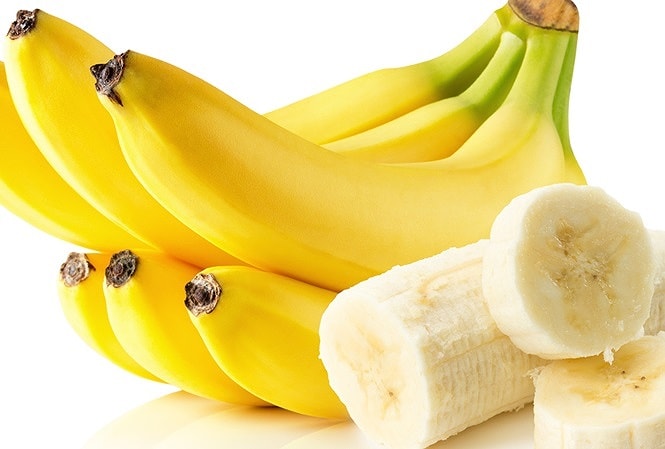 |
You can leave them on the kitchen counter, they will not spoil too quickly. If you peel them and do not eat them all, you should wrap them and put them in a sealed bag. There is no need to use the refrigerator to preserve them, the cold temperature can make the fruit less delicious and less nutritious. Illustration: Internet |
Peppers don't need to be refrigerated either. They'll taste better in an open basket on the counter.
Oranges and other citrus fruits
You can leave them on the counter and they won't spoil too quickly. If you peel them and don't eat them all, wrap them in the skin and put them in a sealed bag. There's no need to refrigerate them, as cold temperatures can make them less tasty and less nutritious.
Butter
Storing avocados is a tricky business. If the fruit is ripe, you can keep it in the refrigerator because the cold temperature will save it from spoiling. But if the fruit is not fully ripe, you should not put it in the refrigerator because the cold will slow down the ripening process or even prevent the avocado from ripening at all.
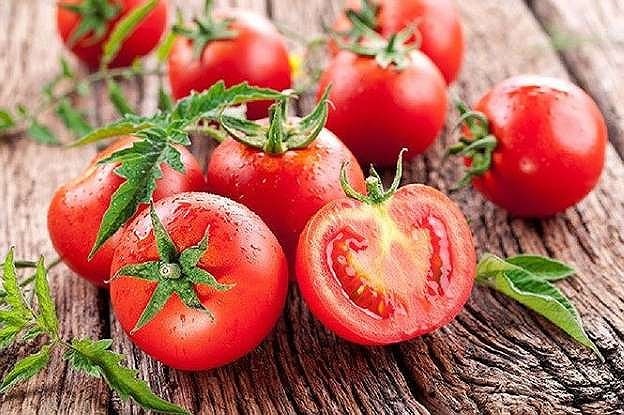 |
| Refrigeration causes tomatoes to lose their natural flavor and become bland because the cold air slows down the natural ripening process of tomatoes and destroys the thin membranes inside the tomatoes. If you want delicious tomatoes, store them in a ventilated basket or box and leave them at room temperature. Illustration: Internet |
You can put cucumbers in the refrigerator, but they will only stay fresh for a day or two. In fact, the cold temperatures will cause them to spoil very quickly. To keep cucumbers fresh for a long time, keep them outside the refrigerator, in a cool, dark place.
Eggplant
This fruit cannot tolerate low temperatures. In the refrigerator, eggplants soften and lose nutrients very quickly. It is best to keep eggplants at room temperature (25 degrees C), away from direct sunlight.
Tomato
Refrigeration causes tomatoes to lose their natural flavor and become bland because the cold air slows down the natural ripening process and destroys the delicate membranes inside the tomato. To keep tomatoes delicious, store them in a ventilated basket or box at room temperature.
Potato
When the temperature is below 7 degrees Celsius, the starch in potatoes begins to break down and turn into sugar. This means that the taste of this food will no longer be as delicious and nutritious as before. When you take potatoes out of the refrigerator, you will definitely see that the potatoes are soft and wilted.
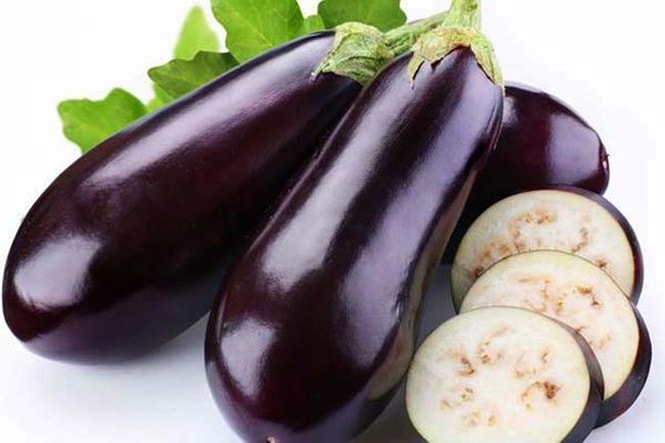 |
This fruit cannot withstand low temperatures. In the refrigerator, eggplants soften and lose nutrients very quickly. It is best to keep eggplants at room temperature (25 degrees Celsius), away from direct sunlight. Illustration: Internet |
Cold temperatures will slow the ripening process of bananas. However, if the temperature is too cold, it can make the bananas soft and slightly bitter when ripe. Therefore, green bananas should be kept at room temperature. If you don't eat your bananas in time, you can store them in the refrigerator. The skin will continue to turn brown, but the fruit will still be perfect.
Sausage
Sausages can stay fresh for a long time without refrigeration, even after the package has been opened.
Basil
Basil absorbs refrigerator odors, so it's best to keep it fresh by placing it in a cup or vase of water and leaving it on the counter, just as you would flowers. You can do this with other herbs.
Onion and garlic
Onions and garlic should be stored in cool, dry areas. Also, keep spices away from potatoes. These tubers can cause them to rot more quickly.

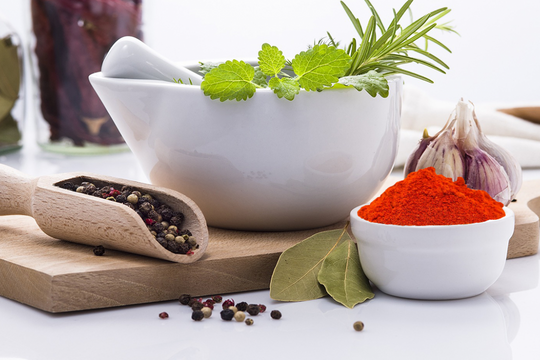

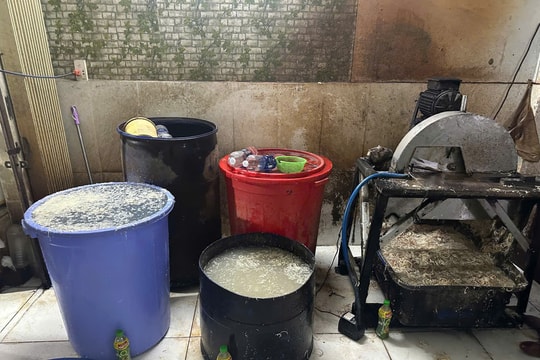


.jpg)
.jpg)
